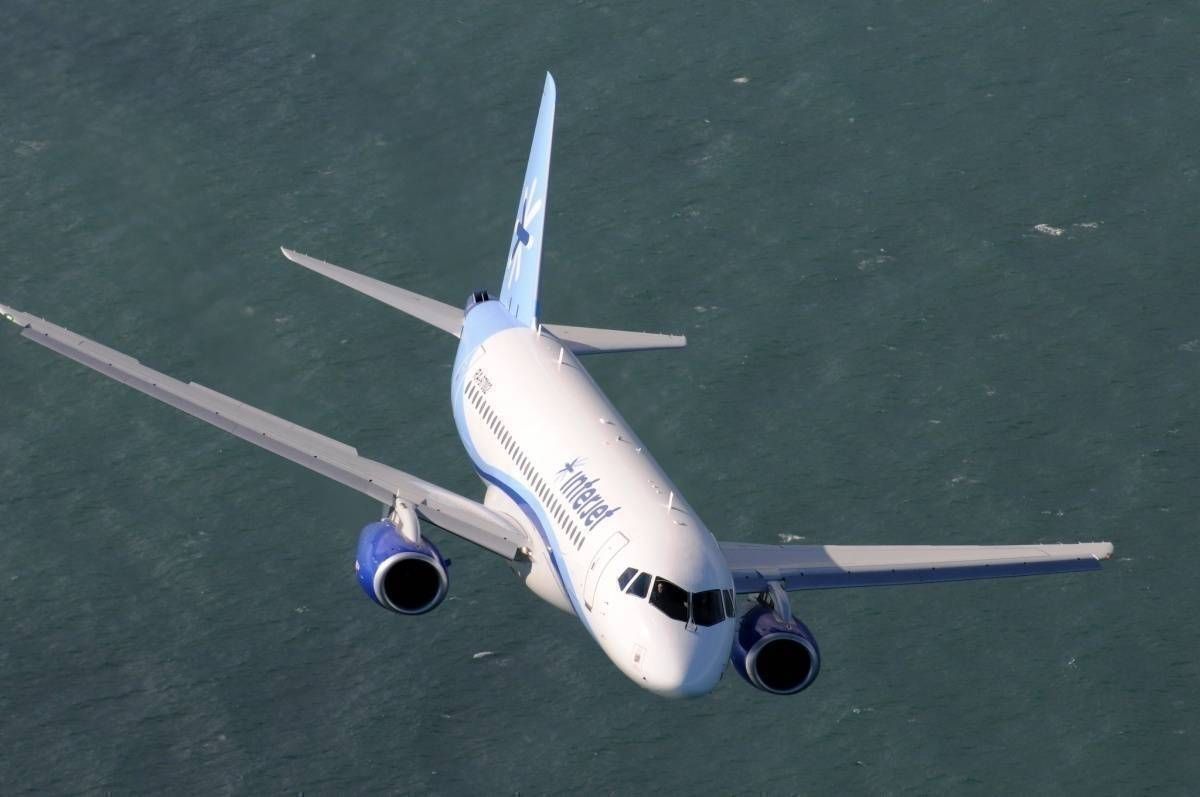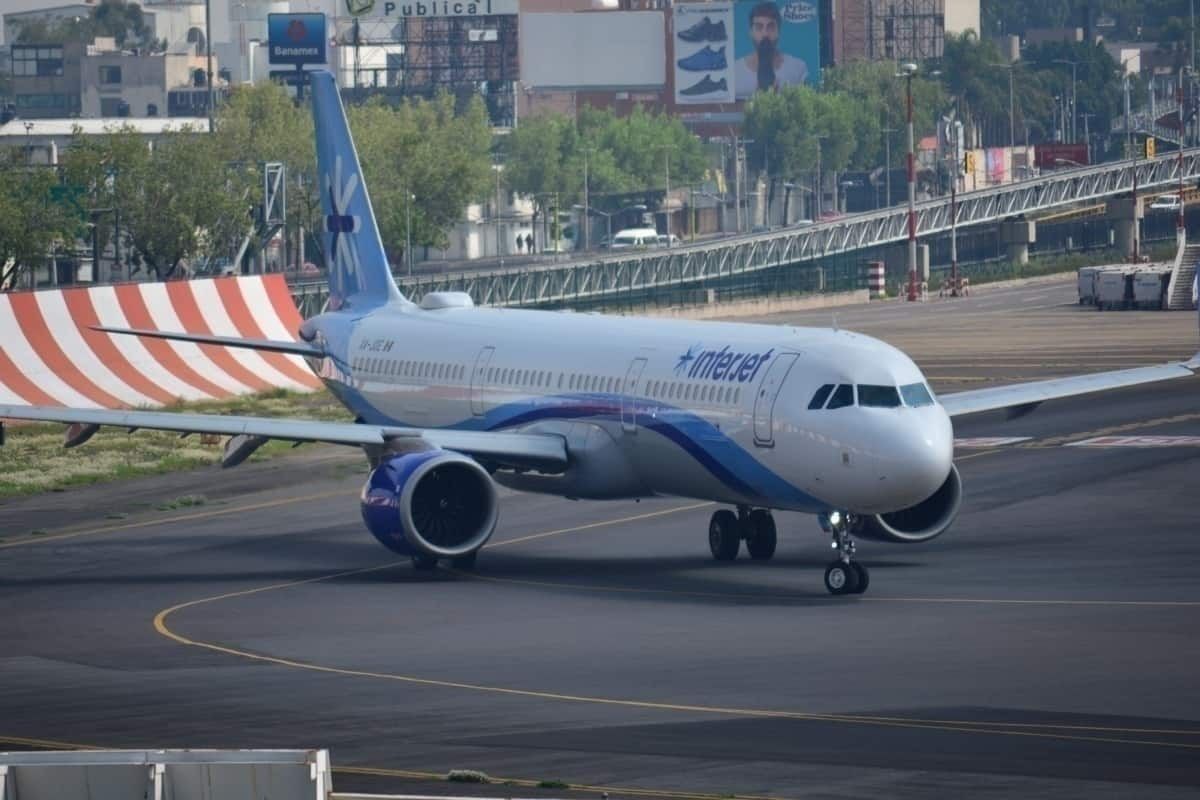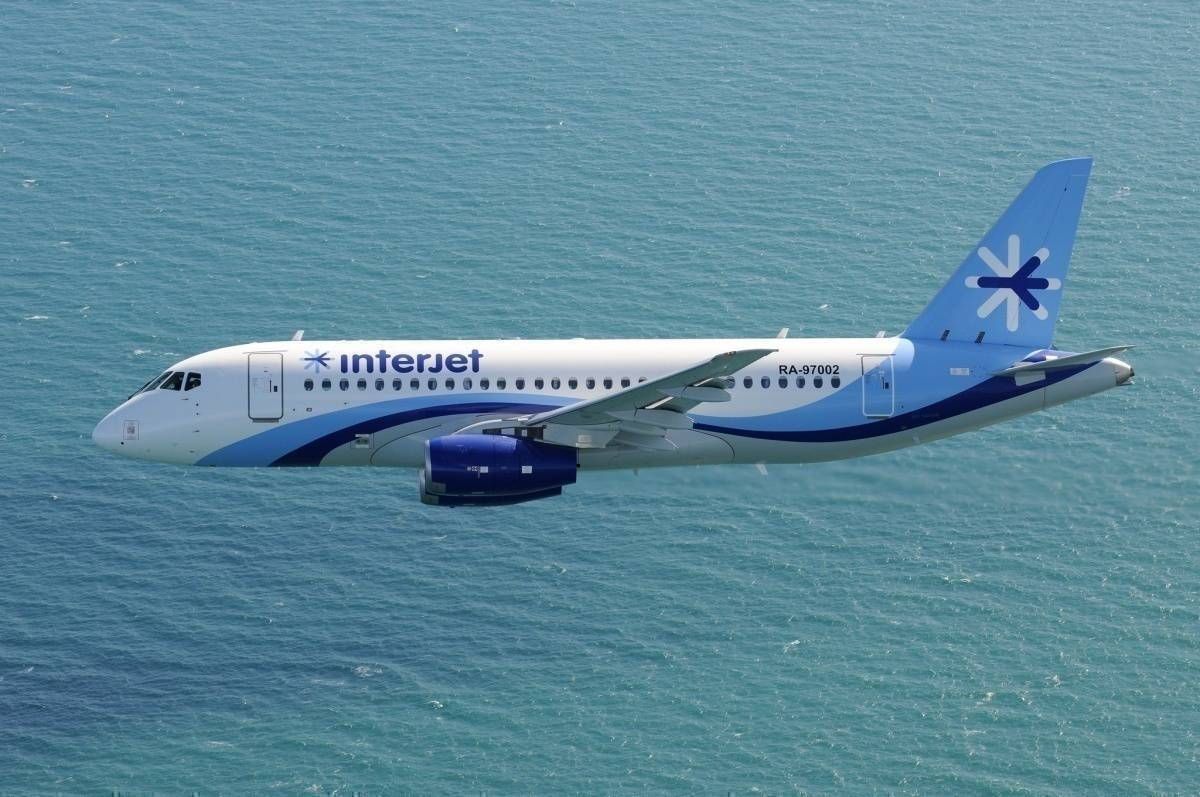Today, Interjet announced it is set to receive a new $150 million investment from a Mexican business group. The carrier said that this capitalization would allow it to become “the most important airline in Mexico.” Let’s investigate further.
Who’s behind the new investment?
In a statement, Interjet said that a group of investors led by Carlos Cabal Peniche and Alejandro del Valle is behind the $150 million push.
Interjet also said that Miguel Alemán Velasco would remain as the founding president of the carrier and his son, Miguel Alemán Magnani as chairman of the board. Nevertheless, Interjet left out an essential name in this press release: its CEO, William Shaw. In the last few weeks, there’s been a rumor that Shaw will leave the company. Instead, Interjet would appoint former Aeromexico CEO, Pedro Cerisola.
Stay informed: Sign up for our daily aviation news digest.
The carrier also said,
“Thanks to this capitalization, the company restrengthens its intern structure and its operational plan. Since 16 June, it relaunched and increased its number of routes and frequencies.”
During the last couple of months, Interjet has operated solely domestic flights, all flown with its Sukhoi fleet. Nevertheless, it also promised to restart some international routes by bringing back part of its Airbus fleet. What about that?
Interjet is down to two Airbuses
The Mexican low-cost carrier said that it would bring back some of its old Airbus airplanes to the fleet in the next few days. At the beginning of the year, Interjet had a fleet of 88 aircraft: 66 Airbus and 22 Sukhoi Superjet.
Since the coronavirus pandemic struck Mexico, several leasing companies have repossessed Interjet’s Airbus fleet. As of 13 July, Interjet still has five Airbus airplanes in Mexico, but three of those may never fly again with the blue and white livery of Interjet. The remaining two planes, both A320s, are 12 and 10 years old.
Additionally, four leasing companies (GECAS, Stratos Aero, ACG, and Wings Capital) have given new registrations to former Interjet planes. According to local sources, 11 former Interjet planes no longer have Mexican registrations, so they will most likely not return to the Mexican carrier. The same has happened with the new Airbus A321neo that Interjet was set to receive this year.
We currently don’t know what the future will hold for Interjet. Last month, sources at the company said that it might restart with a fleet of five Airbus airplanes and eventually ramp-up to 40. Nevertheless, at this point, it is a company that has to rely entirely on its Sukhoi fleet.
What can we expect?
Interjet was the only company of the four leading airlines in Mexico that almost came to a full stop due to the coronavirus pandemic. According to government data, between April and May the airline completed 392 total flights, all domestic. In January, before the coronavirus, Interjet had an average of 222 flights per day.
Now, Interjet needs to restart with a smaller fleet. It will no longer be a direct match to the other two low-cost carriers in the country, Volaris and Viva Aerobus. It will take some time before it can come back to its 2019 levels.
Additionally, the Sukhoi fleet may have found a second wind with the airline. Before the pandemic, Interjet was eager to get rid of the Russian-built airplanes. Now, the Sukhoi range and capacity may be ideal for the relaunch of Interjet. So we can expect to see more SSJ100 planes back to the air.
Finally, while the $150 million investment is excellent news for the company, it still has several arrears. It has debts with the Chicago Airport Authorities, with the Russian company building the Sukhoi and many others.
What do you think of the new investment for Interjet? Let us know in the comments.



